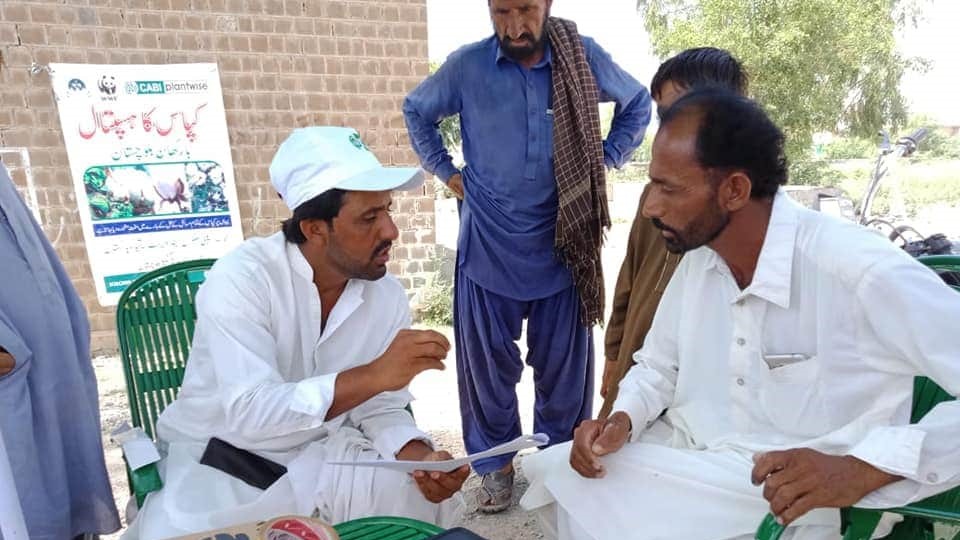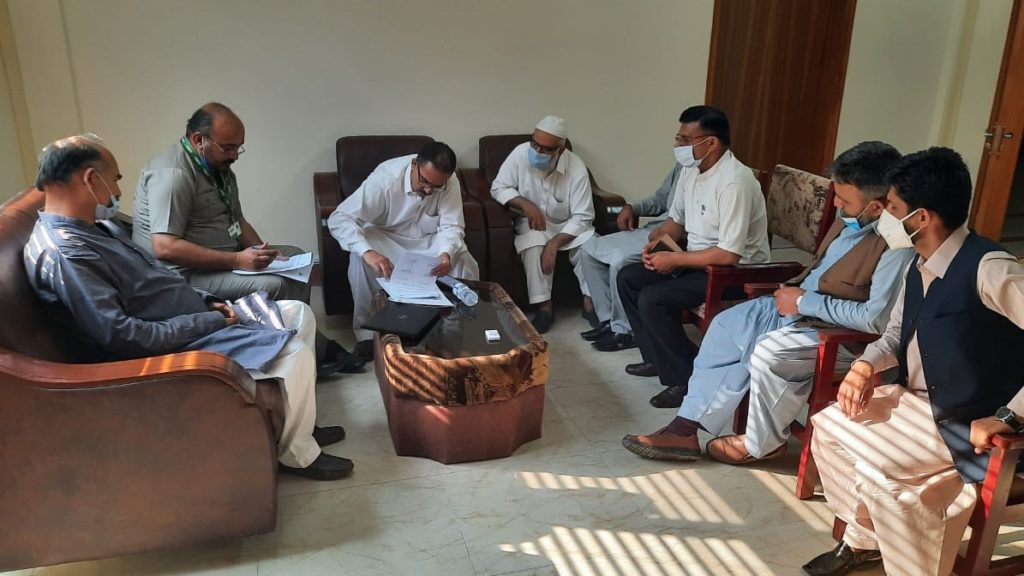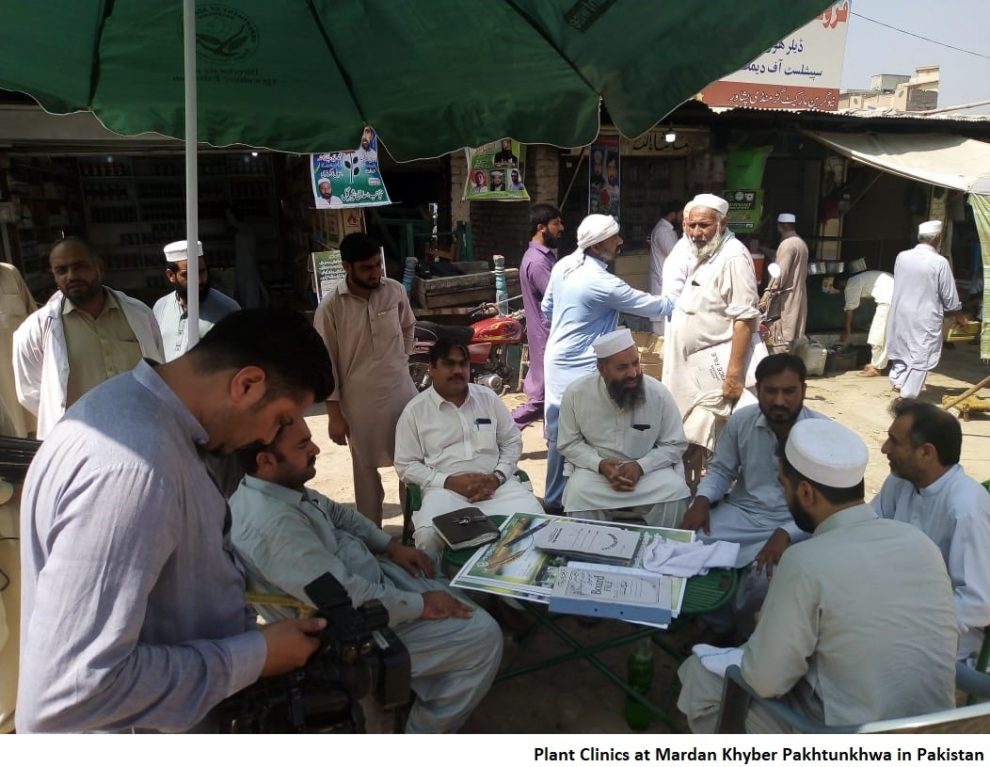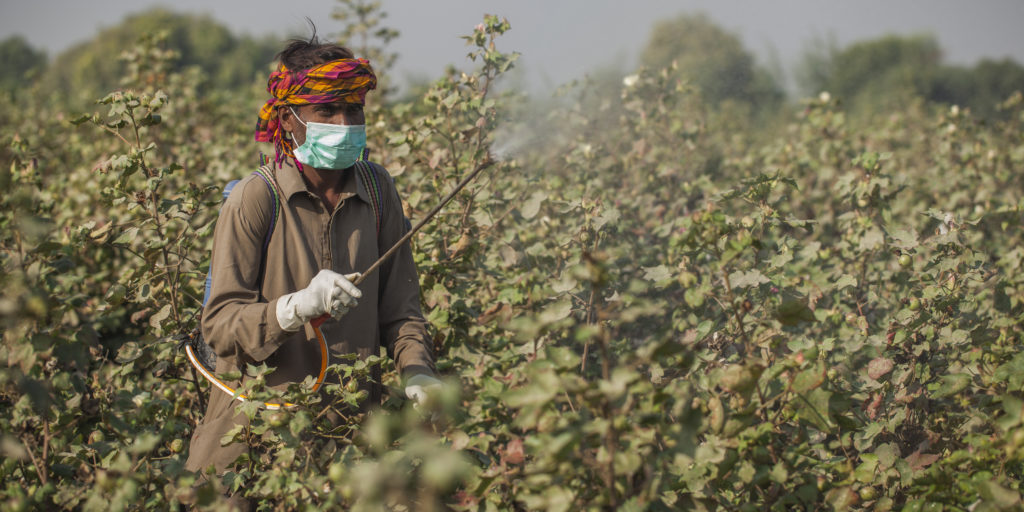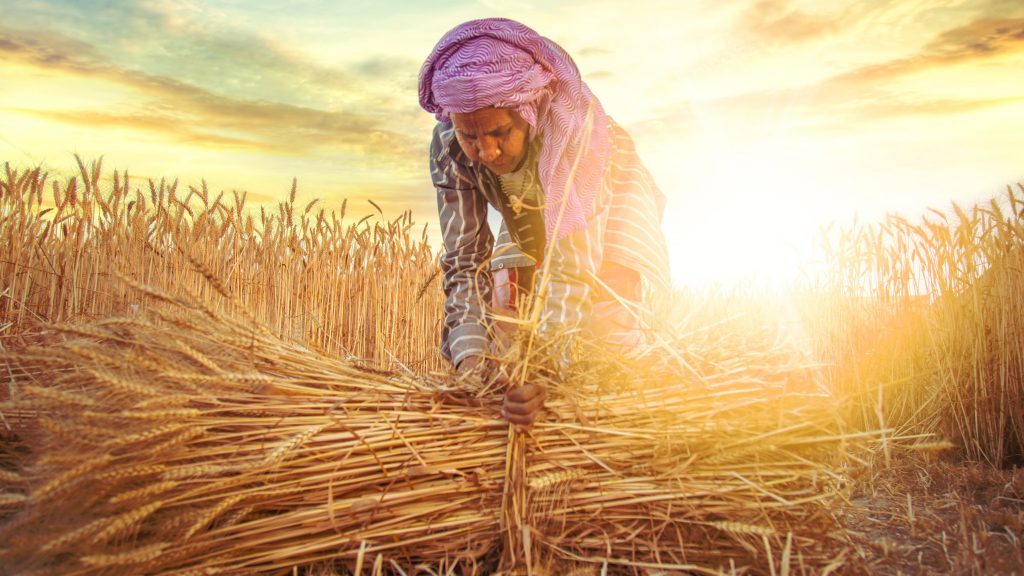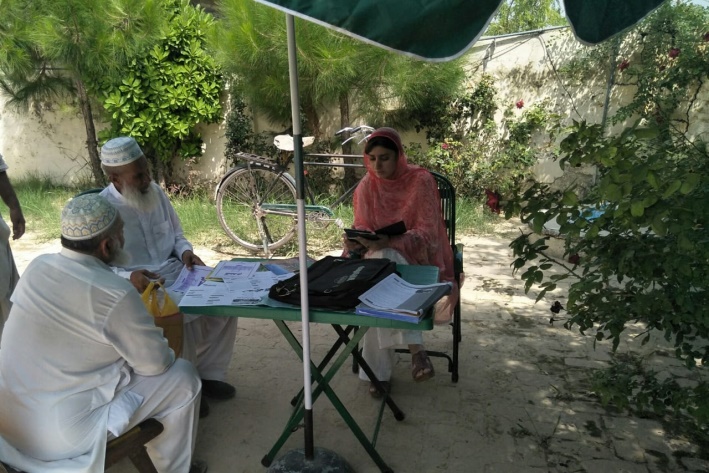Asian Farmers Consult Vibrant E-Plant Clinic Network In Pandemic Times
This article was originally published on aesa – Agricultural Extension in South Asia E-Plant clinics are meeting places where local agricultural advisory officers, known as plant doctors, help farmers struggling with plant pests and diseases. During the COVID-19 pandemic, plant clinics continued to provide advisory services to farmers by going online. Malvika Chaudhary shares her…
Registration of red list chemicals halted in Pakistan thanks to Plantwise
Pakistan’s Department of Plant Protection (DPP) promotes the transition to sustainable crop protection systems. It promotes an integrated approach for crop protection policies and practices within the framework of Sustainable Food and Agriculture. Through a series of meetings with officials of DPP, CABI’s Plantwise team has urged the department to enforce the regulations to minimize…
Female farmers and extension workers should take the lead in reducing gender inequality in agriculture
A CABI-led study which compares male and female perceptions of access to and use of agricultural advisory services to help improve yields says women should take a lead role in helping to reduce inequalities which hinder their contribution to farming. Julien Lamontagne-Godwin, lead author of a new paper, published open access in the Journal of Agricultural Education…
Meeting the needs of women farmers in Pakistan
Globally, women represent 43% of the agricultural labour force but they have less access than men to credit, education, land ownership, high quality inputs, and rural advisory services. Agriculture can be a powerful pathway out of poverty but without fair access to these things, women aren’t always in a position to fully benefit.
Including more women in Plantwise Pakistan
With a strong emphasis on making sure gender is embedded within the entire programme, Plantwise Pakistan has been actively pursuing the participation of more women in its activities and implementation. Realising the important role of females in agricultural development and the need to build their own capacity, the Agriculture Department of Punjab nominated 12 female…
Plantwise launches in Khyber Pakhtunkhwa province of Pakistan
A Memorandum of Understanding (MoU) has been signed between CABI and Pakistan’s Agriculture Department Khyber Pakhtunkhwa (KPK) to launch the Plantwise programme in the province.
Cultivating more women leaders in Plantwise Pakistan
It was such a pleasure to talk to Noureen Anum (Anum) over video call from across the border in India and hearing about her experiences and role in Plantwise. She is an agricultural officer in Taxila, a small Tehsil near Rawalpandi District in the Punjab province of Pakistan. Taxila has long been known for its…
Does gender affect how farmers use rural advisory services?
In an article recently published in The Journal of Agricultural Education and Extension, CABI authors set out to discover more about gender differences in access to rural agricultural information. The research was undertaken in Pakistan and found major gender differences regarding use and preference of agricultural information in relation age and literacy.

